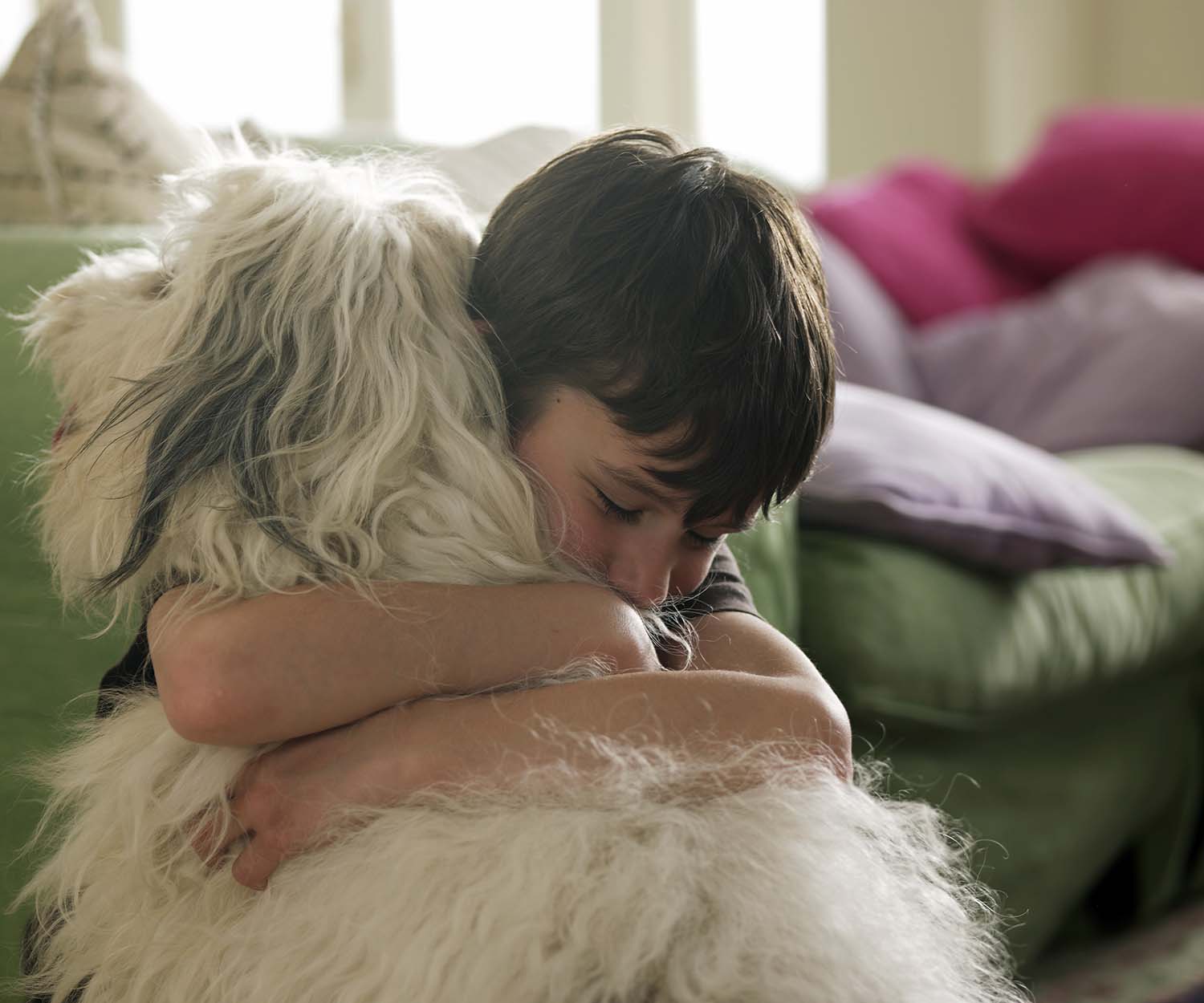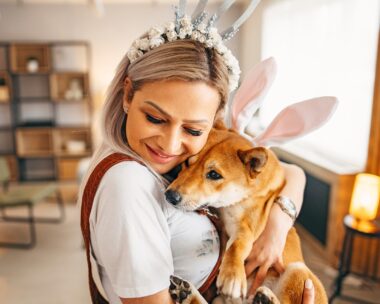Dogs are loyal and cats value their independence. There is no disputing that. But just like people, pets come with their own unique personalities and it’s often not until we take them home and spend time with them that we learn what they’re really like.
Sometimes we have to come to terms with the fact our cat doesn’t like to cuddle as much as we do. Other times we might realise that our dog will always pee with excitement, no matter how many times we walk through the front door that day.
Whatever their little quirks, we soon grow to love our furry friends ferociously and realise they just wouldn’t be their cute, furry selves if they were any other way.
If you’re in the process of choosing a pet, however, there are a few things to think about before you make that commitment. It’s important your pet will be a good fit for you and your family, for the sake of your happiness as well as your pet’s – and certain breeds have typical characteristics that make them better suited to you and your way of living. Here, we take a look at some of the key factors to consider:

How much room do you have at your place?
All pets need to be able to step outside to get some fresh air and no animal should be cooped up inside all day. But if you want a high-energy or larger dog you should definitely have a decent-sized backyard for them to play in.
You should also have plenty of room in the house. You wouldn’t get a St Bernard if you lived in a tiny house, right?
What’s your lifestyle like?
If you’re retired and enjoy a quieter pace of life, a cat may be your best bet for company. A little furry body to cuddle up on the couch with might be all you really need. But if you’re a dog person, consider a more placid breed of dog that doesn’t require a lot of exercise.
This doesn’t mean you have to get a small dog either. Mature rescue animals actually make great pets in this instance. In the case of retired greyhounds, for example, their racing days are over and they just want a quiet life and a gentle stroll each day.
If you have an active lifestyle or are part of a busy family with lots going on you will be better suited to a high-energy pet that thrives on physical activity and social interaction. Terriers and sporting group breeds are known for this.
If you work long hours, you might want to consider whether you get a pet at all. Your furry friend would be spending lots of time at home without you. Animals get lonely too, so unless you live with others who will spend time with your pet when you’re not there, you might be best to leave it for now.

Consider why you want a pet
You need to be honest with yourself here. Do you want a fluffy little buddy that can curl up on your lap or a big pal to keep you company when you go running?
Some pet parents look for a ‘nanny’ dog who will stay by the kids’ sides and protect them while they play, others are looking for a new best friend who will be always be included on the family camping trips and weekend activities.
Thinking about the role your pet will have in your family will help you decide what sort of pet breed will fit best.

Investing money and time
Adopting a pet requires a certain amount of investment, financially and time-wise. As well as providing your fur baby with proper nutrition, a bed, toys and various accessories, you’ll also need to provide grooming, adequate exercise and health care. Some pets need more of these things than others.
For example, no matter how much you might love a Maltese puppy, if you don’t have the time or budget for regular brushing and haircuts, it’s not the right dog for you. Some breeds have unfortunate genetic predispositions to medical conditions that can be costly to deal with. Pets invariably need more medical care as they move into their senior years.
Puppies/kittens versus dogs/cats
Feline and canine babies are similar to human babies in that they require toilet training and do not sleep through the night. As they grow up, with dogs in particular, they need to be taught manners and how to behave in social situations. Are you up to the task?
Would a mature animal be a better fit for you? Mature animals often get overlooked by prospective pet owners who are easily charmed by a cute puppy or kitten. But they make loyal and faithful friends, and you’ll invariably be giving them a second chance at life.
HIMA-SK-190AE192
For more information about caring for your pet and meeting their nutritional needs, visit hillspet.co.nz




.jpg)